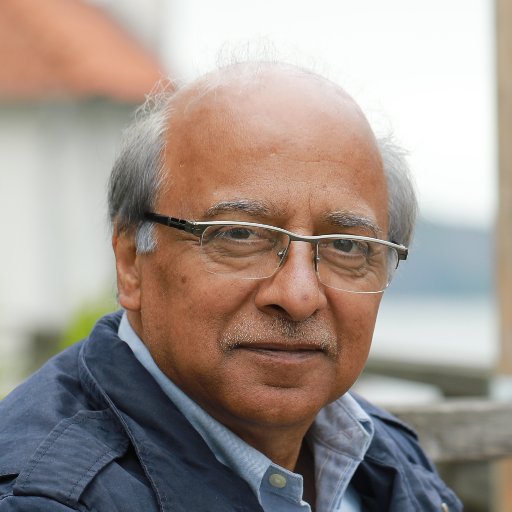Imtiaz Gul

An October 22 hearing on Kashmir and human rights of the United States House Foreign Affairs Committee witnessed an unusual snub to the Indian government’s move of revoking Kashmir’s special status. Never before had either of the Congressional Houses witnessed such an open indictment of India, or testimonies on or by Indian stakeholders.
First, the US Assistant Secretary of State Alice G. Wells informed a Congressional panel that India’s annexation of the occupied lands has not changed America’s position on held Kashmir, as it continues to consider it a disputed territory. “We consider the Line of Control (LoC) a de facto line separating two parts of Kashmir… We recognise de facto administrations on both sides of LoC.”

Then, Republican Ms Ilhan Omar brutally snubbed the Indian journalist Arti Tikoo Singh, senior assistant editor of The Times of India.
Ms Singh tried to deflect the panel by laying the blame at Pakistan’s doorstep, suggestion that Pakistan-sponsored terrorism had been completely overlooked by the world media over the last 30 years, she also quoted Pakistan’s former Ambassador Husain Haqqani, to support her claim that “the Pakistan-sponsored insurgency sought to cleanse Kashmir of non-Muslims to make the state entirely free of minorities.”
This posturing evoked a sharp reaction from US Congresswoman Ilhan Omar, who questioned Ms Singh’s professional objectivity.

Ms.Omar, who has led the Kashmir cause from the front since August 5, snapped back:
“Ms Singh, a reporter’s job is to find the objective truth about what is happening and report it to the public. You have an enormous audience at The Times of India and you have an enormous responsibility to get it right. I am aware of how the narrative shaped by reporting can distort the truth. I am also very aware of how it could be limited to sharing only the official side of the story. The press is at its worst when it is a mouthpiece for a government. In your version of the story, the only problems in Kashmir are caused by what you call militants, the only people protesting to break away from India, and are all nefariously backed by Pakistan. You also make the incredible dubious claim that the Indian government’s crackdown in Kashmir is good for human rights. If it was good for human rights, Ms Singh, it wouldn’t be happening in secret. You make, what I might call, a feminist case for the occupation of Kashmir and communication shutdowns, saying it will be better for women.”
Francisco Bencosme, Asia-Pacific advocacy manager at Amnesty International, told the US Congress that Amnesty International has documented a clear pattern of authorities using administrative detention on politicians, activists and anyone likely to hold a dissenting opinion before and after August 5.
Nitasha Kaul, Associate Professor in Politics and International Relations Centre for the Study of Democracy, University of Westminster, too, questioned the claims on militancy.
“Even in recent years when the armed opposition to Indian occupation has been at its lowest, there have been glaring instances of rights abuses and contemptuous treatment of Kashmiris who seek justice for the abused.”
Then came the other body-blow to the Indian narrative from Angana Chatterji, co-chair of the Political Conflict, Gender and People’s Rights Initiative at the University of California, Berkeley, underlined that the “Pakistan association has been used to “pathologise dissent” and justify state excesses”.

“By the Indian state’s own admission, incidents of armed militancy that have taken place and may reportedly be linked to foreign groups or institutions, have abated… “Yet, Kashmiri dissent remains pathologized by institutions of state and majoritarian segments of Indian society, and are responded to with sanctions, and the normalisation of violence, reprisal and brutalityHuman rights violations and crimes by state institutions and forces target civilians in Kashmir as a method in containment.”



